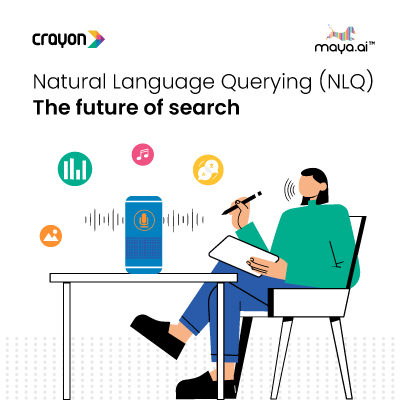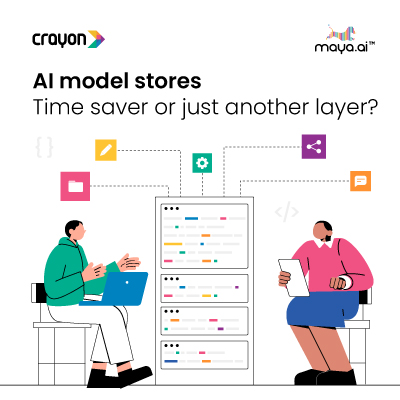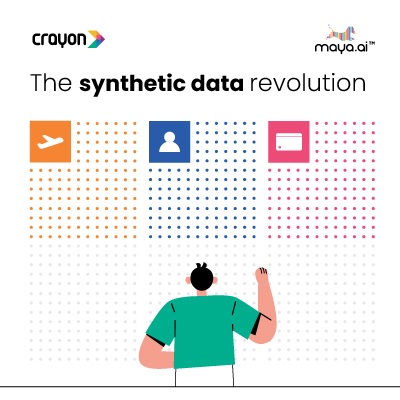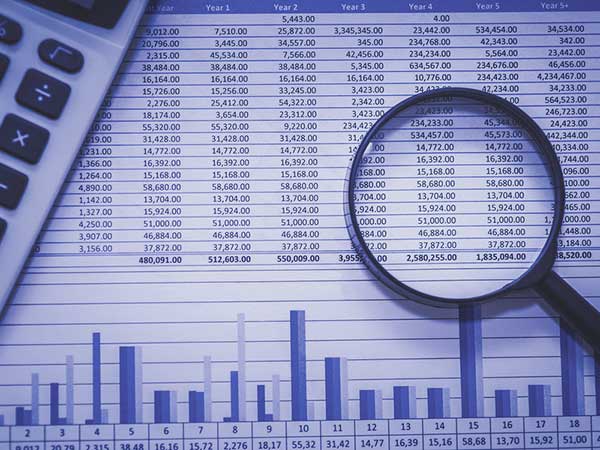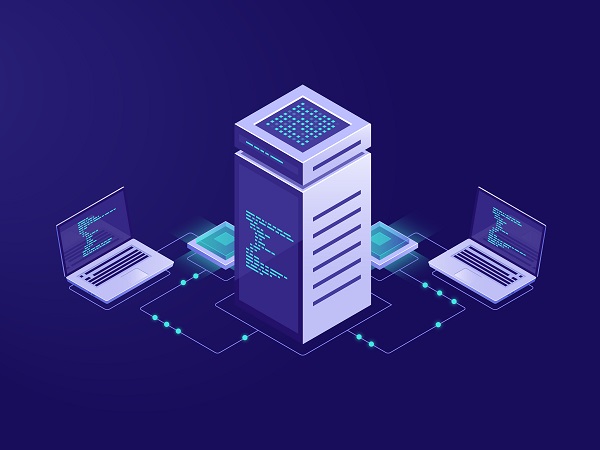The data scientist is one of the highest-paid, most in-demand, and most satisfying jobs in the world right now. But how do you make it in this field? Last year, we saw what it took to be a successful data scientist in 2018; now, let’s look at the data scientist of 2019.
So, how can the data inform the aspiring data scientist?

At first glance, we see that the data science field is dominated by men (69%) who are bilingual, prefer to program in Python or R (73%); they have worked for an average of 2.3 years as data scientists and hold a master’s degree or higher (74%).
Does this paint the whole picture? Should you give up now if you are a female who holds a bachelor’s and only speaks Java? Absolutely not! As we segment the data, we get a much clearer view.

Almost as many data scientists hold a bachelor’s or lower (24.2%) as they do a PhD (28%). This suggests that the position is a lot more flexible with its academic requirements than many other professions.
Unless you’re coming straight from academia (9% of the cohort), having a PhD or master’s is certainly not essential. Prominent examples are if you can land an internship (8%) or come from an IT background (9%).

Almost half our participants came from another data science position which is slightly paradoxical. However, data analysis (13%), consultancy (6%), and IT (9%) are all fields that can serve as a gateway to data science. Not to mention at least 15 jobs that made up our ‘other’ cluster.

Most of our cohort have educational backgrounds predominantly in Computer Science (22%) and Economics (21%). Interestingly, Data Science and Analysis degrees don’t even make the top three (12%). This is likely due to the fact that not many universities offer these degrees.

University ranking doesn’t seem to influence your chances of becoming a data scientist. While a high number of the data scientists in our cohort indeed come from the Top 50 universities (31%; according to the Times Higher Education Ranking for 2019), almost as many come from universities ranked above 1001+ (24%)

One thing almost half of our data scientists have in common is online courses, with 43% saying they have completed at least 1, with 3 being the average.

It would be understandable if it were alumni from lower ranking universities who took online courses to boost their competitive ability in the job market. However, the studies show that numbers are similar across the board, aside from the *501-1000 bracket. (Bear in mind the 1000+ cluster consists of only 7 participants, and as such does not invite closer attention.)

The distribution of programming skills across the world shows that Python is leading the charge when it comes to preferred languages for data science.

These results are mimicked in the UK and ‘other’ clusters, too. Notice, however, that in the USA and India both Python and R are equally valued.

Compared to last year where 70% of the cohort worked in the tech industry, today we see quite a different picture. Only 43% work in this sector, with the industrial and financial sectors playing catch-up.

Segmented by country these results don’t differ much; perhaps the most noteworthy finding here is that the UK seems to need more data scientists in the industrial sector than in tech.

Similarly, when segmenting by academic degree and country, most places mirror the overall results. Here, India breaks away from the pattern by having a much higher number of data scientists with a bachelors and very few with a PhD.

When looking at length of experience, however, it is the US that stands out. There are far fewer new data scientists there compared to the rest of the world.

Only Python that seems to be slightly more preferred in non-F500 companies. Other than that, programming languages move hand in hand across all companies.

It is nice to know that university ranking shows no effect on what kind of company hires data scientists.
Hopefully this breakdown has shown you that the data scientist is one of the few professions where you can be successful no matter what your background. Of course, there are trends to be found that can help guide you in the right direction but in no way is this amazing career out of reach for anybody.
For a more in-depth analysis check out the full study here.
If you want to take a look at the trends for 2018, take a look at this: 2018 study.


